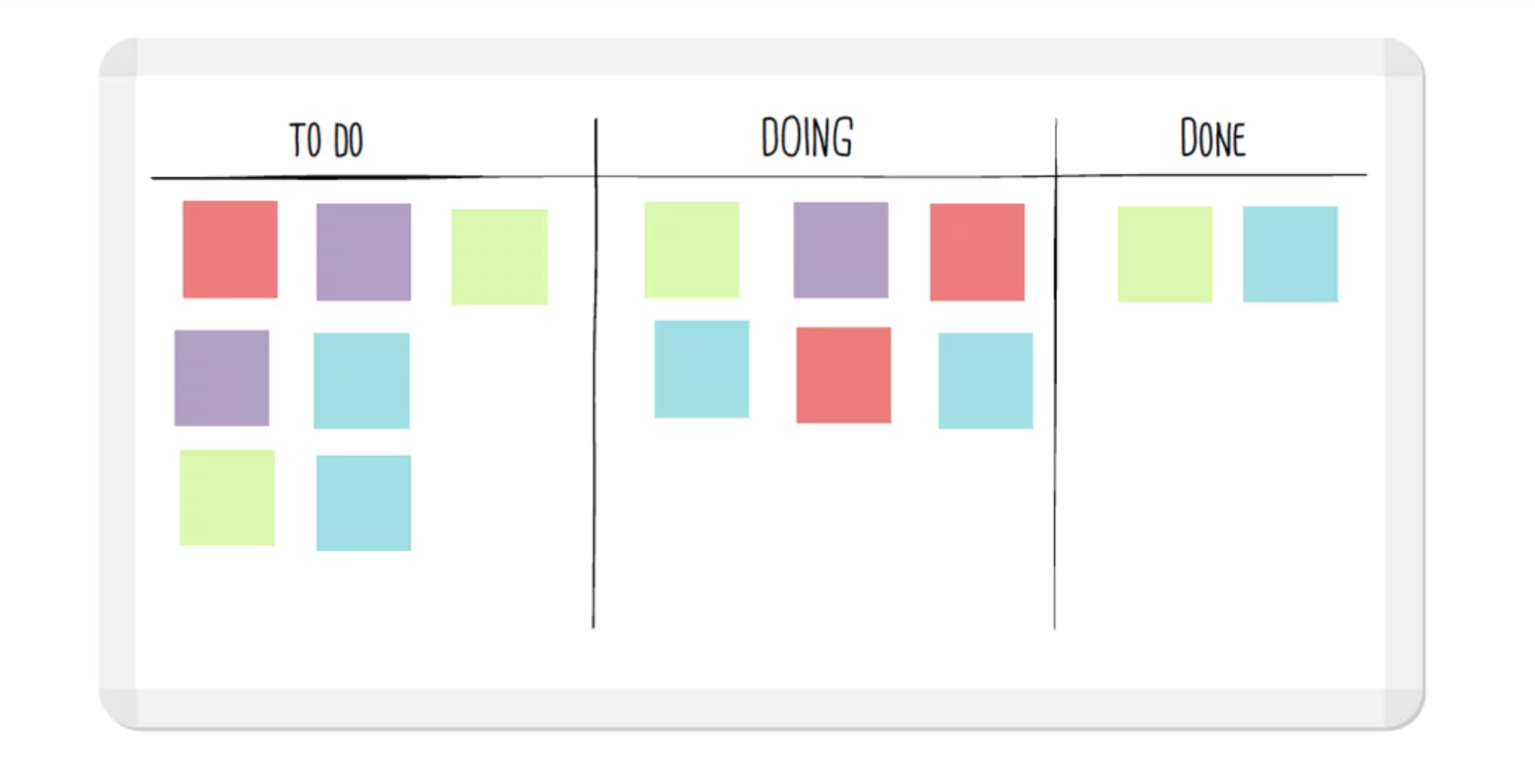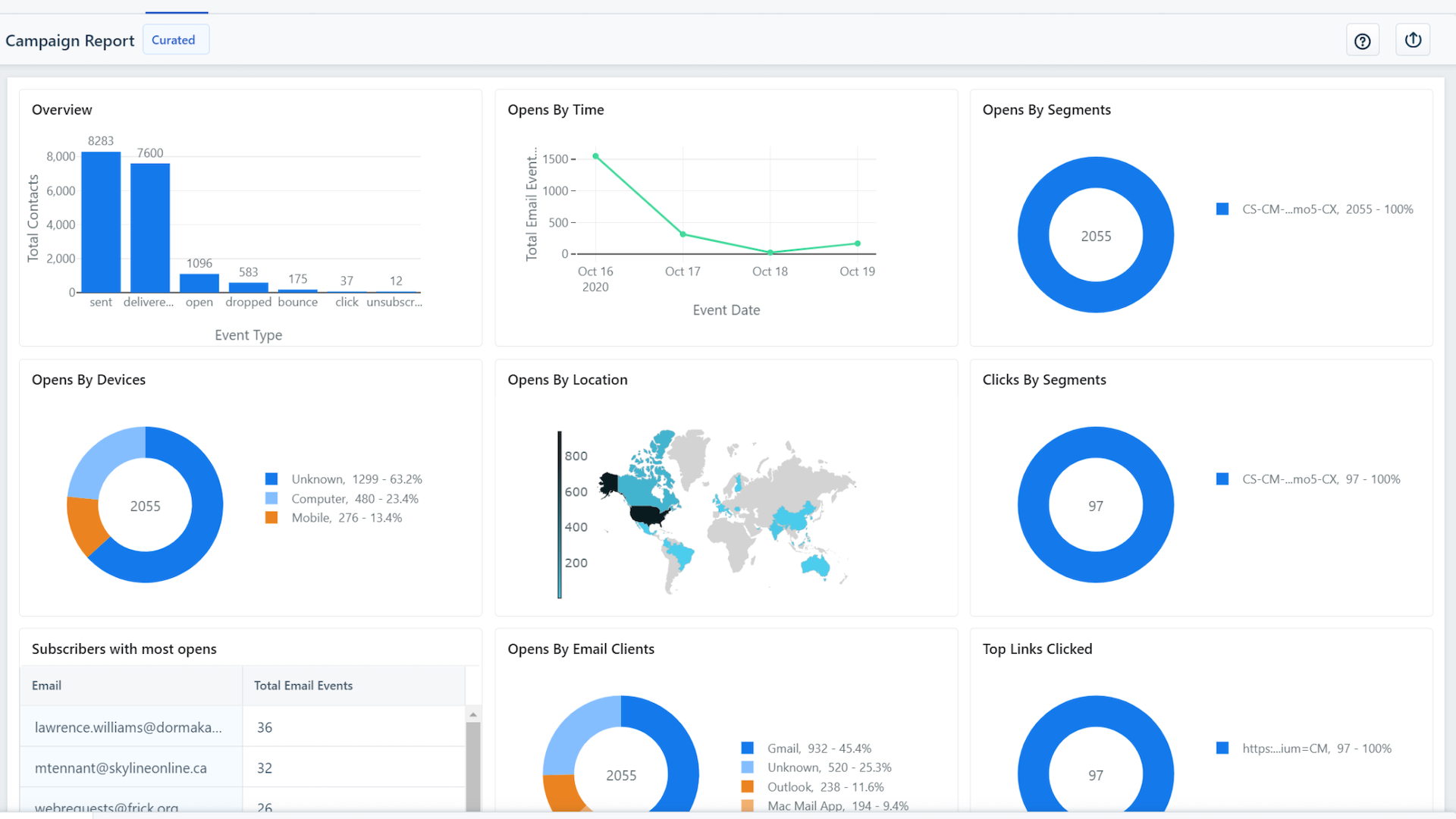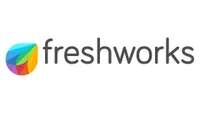Sponsored by Freshworks
6 features every ticketing software should have
Customer satisfaction is key

Nothing is worse for a business than an unhappy customer. You’ll not only lose them, but the negative reviews they leave behind might also scare away other potential customers.
Customer experience, therefore, should be your number one priority. However, keeping track of the complaints and fixing every issue as soon as possible is not an easy task, especially without the right tools.
That's why every business needs the best ticketing tools. To help you pick the most suitable one for your organization, we’ve put together a list of six must-have features every ticketing tool should offer.
Sign up for a Freshworks 14-day free trial
Freshworks offers multichannel ticket management, team collaboration tools, and smart automation to resolve issues faster. The platform's Freddy AI assists agents by suggesting replies, auto-prioritizing tickets, and delivering instant insights. With an intuitive interface and robust reporting tools, Freshworks helps businesses deliver faster, more personalized support, ideal for scaling teams.
1. Workflow automation to save your time
Automating parts of the ticket resolution process saves teams a lot of non-productive time. So, look for ticketing tools that offer automation opportunities.
Here are some ways you can automate ticket handling:
Pre-written responses: For simple, repetitive issues, have the software send a pre-written response to the user. This will allow you to focus on critical issues.
Auto updates: Automatically notify the user when there’s a status update regarding their ticket. You can also choose to notify the agent if the ticket remains unsolved for, say, 48 hours.
Sign up to the TechRadar Pro newsletter to get all the top news, opinion, features and guidance your business needs to succeed!
Basic issues: For simple issues, you can choose to redirect your users to a self-help section with pre-answered responses.
There could be many other ways to automate, depending on the automation software you pick. The goal is to find as many automations as possible so that you can save your valuable time.
2. Tags and filters to categorize tickets
Manually sifting through hundreds of tickets to decide who gets what is pretty inconvenient, not to mention that it's also a huge waste of time and resources.
That’s why we recommend using ticketing tools or help desk software that come with custom tags and filters, allowing you to categorize tickets based on the problem and urgency level.
Combine this with workflow automations, and you should be able to auto-assign tickets to agents based on the ticket type. For instance, if the ticket deals with a log-in issue, it will automatically flow to agent X. You can have several such pre-defined rules for auto-assignments.
3. Customization and third-party integrations

Ticketing tools aren't a one-size-fits-all solution. That’s why it's recommended to pick a tool that offers maximum customizability. For example, you should be able to offer custom templates to accommodate customers with different types of queries.
Other basic customizations you can look for include custom status tags for the tickets, automation rules, notification settings, and priority levels.
Third-party integrations are also an important aspect to consider. The ticketing software you pick should be able to connect with the business tools you already use, ensuring a smoother workflow.
For instance, every ticket lodged on the software can be auto-converted into a Kanban card and assigned to agents on platforms like Monday or Trello.
Alternatively, you may want to integrate Outlook so that the agent is sent an email every time a new ticket is assigned. Remember, integrations make automations more powerful.
4. Reporting tools for speedy trend analysis

Along with solving your customers’ problems, it's also important to monitor what kind of problems keep recurring, or which users face more issues than others, so that you can fix the problem right at the root and offer an overall smooth experience.
Many ticketing tools also provide insights on the resolution process, such as the total time taken by the agent to resolve the issue, customer satisfaction rate, reopen rate, etc.
These metrics will help you identify the drawbacks of your resolution process, remove bottlenecks, if any, and offer a faster fix to the user.
5. Built-in communication tools to quickly resolve issues
A built-in communication tool can help massively speed up the resolution process. For instance, while an agent is on call with a client, they should be able to talk to another agent without the client knowing. This can be done through internal notes.
Plus, for complex queries that aren't resolved during a single customer interaction, the agent should be able to mention other agents and escalate the ticket up the hierarchy.
Additionally, all communication with a given customer should be stored in one place. This will allow agents to readily access and refer to all previous interactions while dealing with a customer query ticket.
6. Security measures to keep your customer’s data safe
Solving an issue filed by your customer usually requires asking for a lot of data from their end, including personal information. As the company requesting such private info, it's your responsibility to ensure it remains safe.
A good ticketing tool should, therefore, be compliant with industry standards and rules such as GDPR & HIPAA.
The software should also allow you to set up multi-factor authentication and access controls so that sensitive customer information doesn’t fall into the wrong hands.
Other basic security features, such as military-grade encryption and data backup, are also non-negotiable.
FAQs
1. What is ticketing software?
Ticketing software is a tool that helps you manage customer service requests. It helps you efficiently store and organize each request, enabling faster and quicker resolution. It also doubles up as a communication channel between the customer and your business agents so that the former can stay updated on the status of their requests.
2. Why is ticketing software important?
The quality of customer service is essential for any business. Good ticketing software ensures each complaint from your customers is sequentially filed and that you don't accidentally miss any.
It also speeds up the resolution process by assigning the queries to the right agent, streamlining communication between the customer support team and customers, and linking to relevant knowledge base material.
3. What features should a ticketing software have?
Ticketing software should offer ample customization and third-party integration options, which will help you establish workflows within your organization. You must also be able to add tags and filters to the tickets for better categorization.
Additionally, there should be enough reporting and asset management tools that gather ticket resolution statistics. Lastly, the platform should offer bulletproof security with 2FA and data encryption and comply with all relevant local and international regulations.
Krishi covers buying guides and how-to's related to software, online tools, and tech products here at TechRadar. Over at Tom's Guide, he writes exclusively on VPN services. You can also find his work on Techopedia and The Tech Report. As a tech fanatic, Krishi also loves writing about the latest happenings in the world of cybersecurity, AI, and software.
